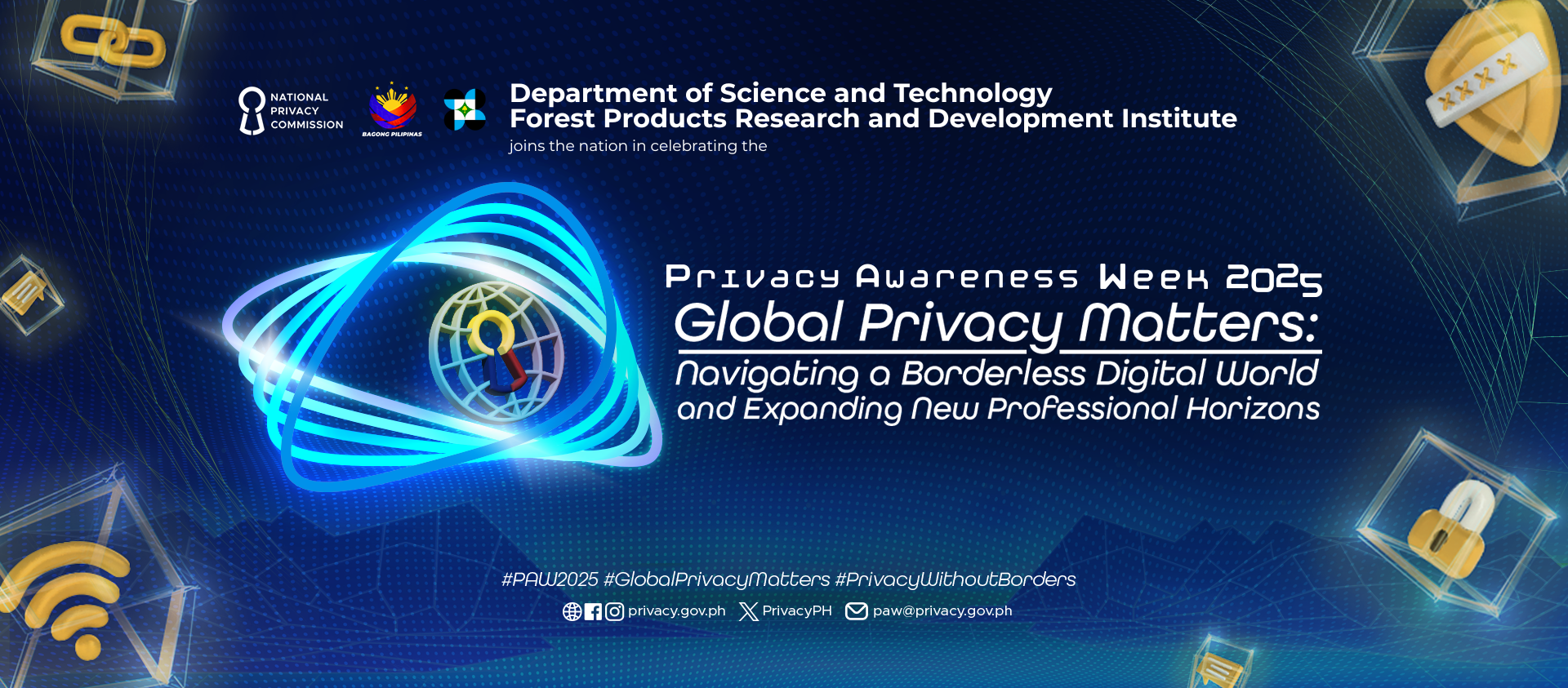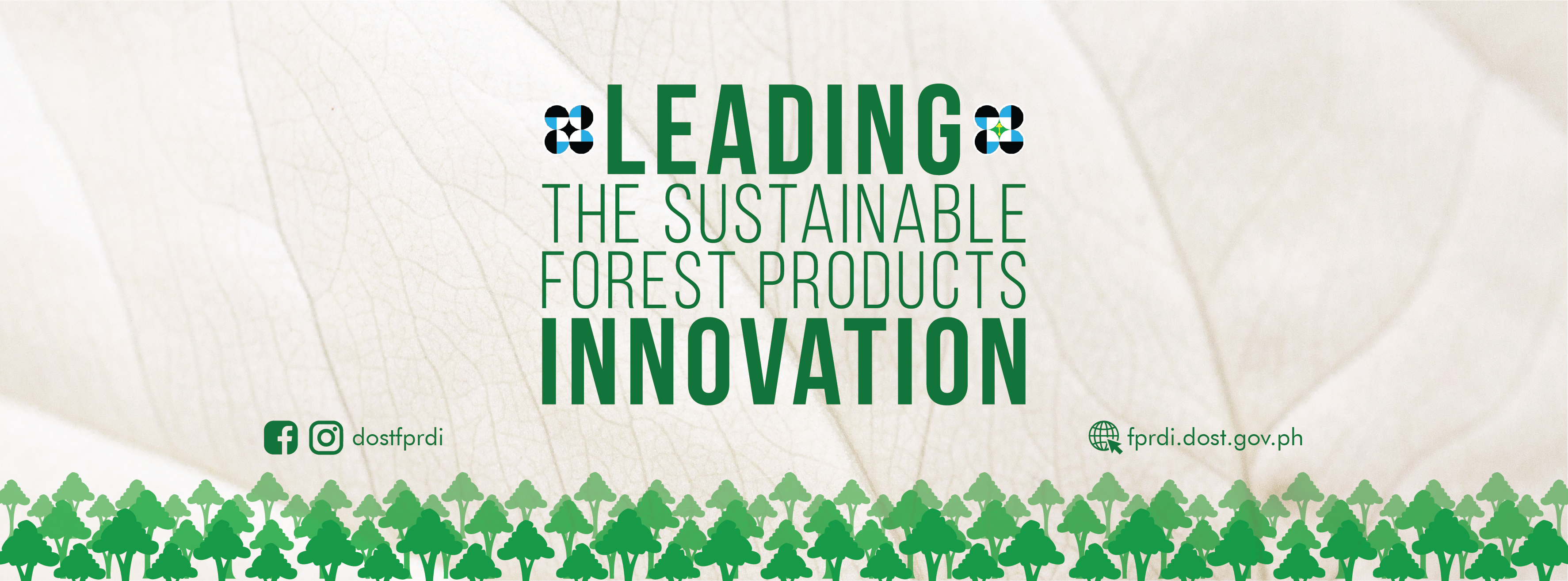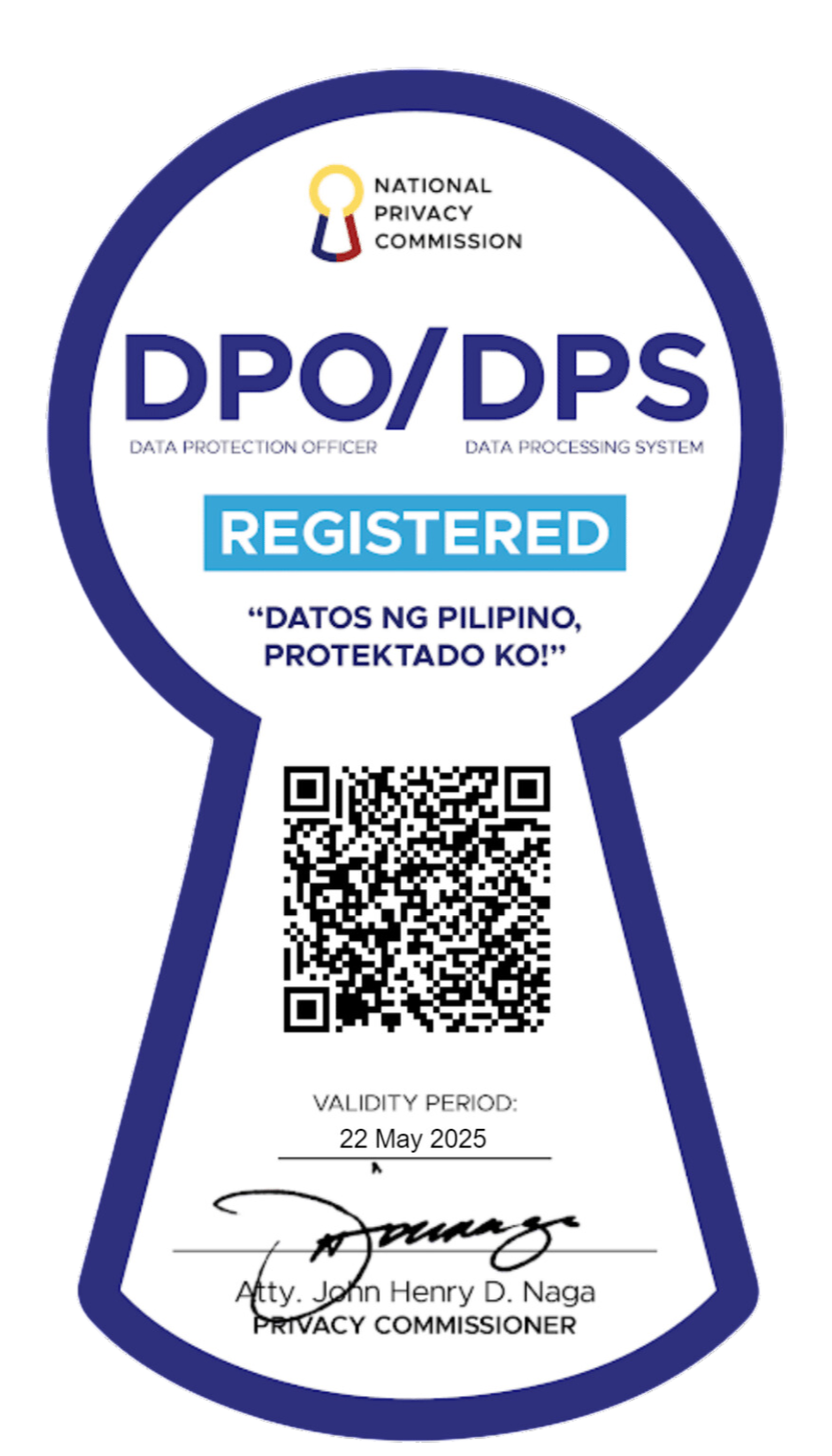DOST banners sustainability, green technologies in FragCon Philippines
- Details
The DOST–Forest Products Research and Development Institute (DOST-FPRDI) actively promoted green innovation and sustainability during the FragCon Philippines: Anahaw Bloom “Fragrance Full Bloom” event held last June 15, 2025, at The Elements, Fortune Hall, Centris, Quezon City.
The event brought together a diverse community of fragrance enthusiasts, perfumers, vloggers, content creators, and esteemed guest speakers from both the private and government sectors. Around 400 participants attended the gathering, which featured 28 booths showcasing local perfume brands.
DOST Secretary Renato U. Solidum, Jr. recognized the potential of the fragrance industry in contributing to the growth of the country’s economy.
DOST-FPRDI Celebrates 68th Anniversary with National Conference on Forest Innovation
- Details
DOST-FPRDI Celebrates 68th Anniversary with National Conference on Forest Innovation
The DOST- Forest Products Research and Development Institute (DOST-FPRDI) will hold a conference to celebrate its 68th anniversary on July 4, 2025, at The Bellevue Manila Hotel in Alabang, Muntinlupa. The event commemorates nearly seven decades of the Institute’s pioneering efforts in R&D, technology transfer, and technical services for forest-based industries.
DOST Secretary Renato U. Solidum Jr. and DOST Undersecretary for Research and Development Leah J. Buendia will lead the roster of dignitaries attending the event, alongside other key DOST officials and individuals who have significantly advanced forest product research.
Expected also to attend the event are the Institute’s sustainability partners— individuals who have consistently supported DOST-FPRDI’s programs and initiatives.
These key supporters include Senator Juan Miguel F. Zubiri, who championed the Institute’s 2025 budget during recent congressional hearings; Bukidnon 1st District Rep. Jose Manuel F. Alba, a strong advocate of bamboo technology initiatives; and Los Baños, Laguna Mayor Neil Andrew N. Nocon, who is a prospective partner for the Institute’s sustainable and disaster risk reduction-related technologies.
DOST exhibit to showcase innovative, modern uses of pandan
- Details
The Department of Science and Technology - Forest Products Research and Development Institute (DOST-FPRDI) is set to launch an exhibit that will celebrate the local art of pandan weaving, and showcase the versatility of pandan for high-value products.
Opening on July 1, 2025, at DOST-FPRDI’s Forest Products Innovation and Training Center (FPITC) in Los Banos, Laguna, the exhibit INTERCONNECT3D: Lalang Pandan will explore exciting new directions and design potential of pandan weaving in the Philippines.
DOST Secretary Renato U. Solidum, Jr. is positive that the outputs from the project will greatly benefit local weaving communities.
“By harnessing the potential of pandan and turning it into high-value products, we not only preserve our weaving heritage, but also make sustainable economic opportunities for our communities. We empower local artisans, elevate Filipino craftsmanship, and pave the way for globally competitive and science-driven enterprises through initiatives like these,” said Secretary Solidum.
Central to the exhibit is the concept of interconnectedness. “Just as pandan strips become stronger when woven together, the exhibit will reflect how tradition, innovation, and community interweave to create culturally inspired products that blend traditional weaving techniques with modern design aesthetics,” explained artist and industrial designer Chris Johnniel France Rana.











